The Bo(u)lder Question
is a regular feature of DePauw Magazine, which is published three times a year.
For more than a year, the COVID-19 virus has ravaged the world, killing more than 2 million people; sickening millions more; overwhelming health care workers and systems; putting people out of work; and separating us from our loved ones. We asked Knudsen Langdoc, university chaplain and associate dean:
What do you say to those who wonder why God would inflict COVID-19 on the world?
I don’t think God inflicted the virus. As a Christian theologian, I see Jesus – fully human and fully divine – healing sickness, not causing it. So the initial question makes an assumption I do not affirm. I am especially suspect of theological explanations or justifications that attempt to offer solace through a sort of “everything happens for a reason” rationale. As if, despite the fact that we might not understand it, for some reason God needed millions of people to die in order to achieve a “larger” purpose. Are we more compassionate than God? More dangerous still seem the attempts to actually name the specific reasons – to offer a moral of the story or to say the lessons we have learned are, in fact, God’s intention: more time with family, a re-evaluation of priorities, slowing down, learning to live with less, or even the ways the pandemic may have opened space for significant national and global conversations, or how stay-at-home orders benefit air and water quality. While all of these are good, and I’d go so far as to name them gifts, I do not think a good giver offers gifts by way of destruction. God desires the flourishing of all creation. Yes, God can make beauty out of chaos, but God doesn’t inflict a virus so that you might finally slow down and put together more jigsaw puzzles this winter.
Of course, this still doesn’t answer why the pandemic. While I don’t think God caused the virus, I do think God grants creation free will. Such freedom is not limited to human beings, which means genetic material has the ability to change, or mutate. But I admit this doesn’t seem a very satisfactory answer. I wonder if that’s because what often lies beneath both the question why and the moral-of-the-story responses is not so much the search for causality, but for meaning. If we can’t make sense of tragedy, can we make meaning in the midst of it?
The work of meaning-making, or finding purpose, or – said bluntly – hoping this past year has not been a total waste seems better supported by questions that begin with how, when, what, where and who than those that ask why. How can we be present to ourselves and others when so much has been restricted? Where do we see abundance while living with less? When do we adjust our perspectives, priorities and plans? What language do we need to process this experience and where can we find it? Who are we becoming, and to whom do we bear a responsibility to show up, even when it’s so very hard? These sorts of questions invite us to wonder about our own agency and the ways we exercise our free will in the midst of uncertainty and pain.
A friend of mine often says: “If it can’t be happy, make it beautiful.” Surely no explanation for the virus could make the pandemic happy. But perhaps the ways we engage these other questions allow us not to justify, explain or dismiss the pain, but to create beauty and make meaning in the midst of it.
DePauw Magazine
Spring 2021
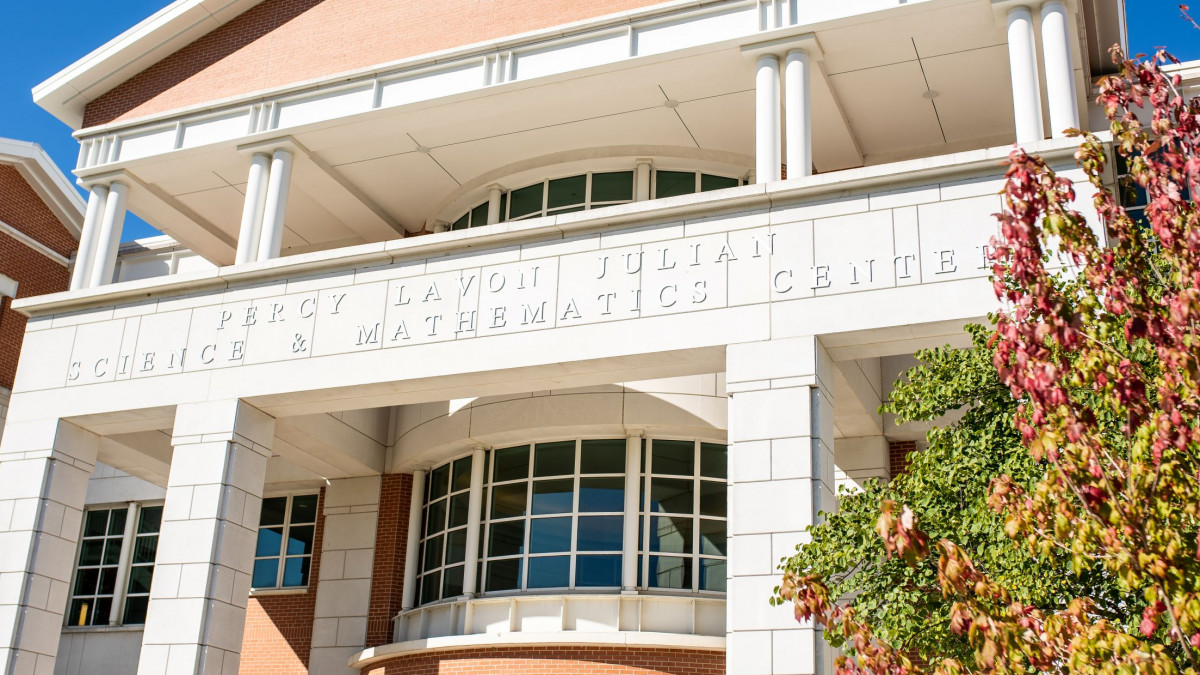 Leaders the World Needs
Leaders the World Needs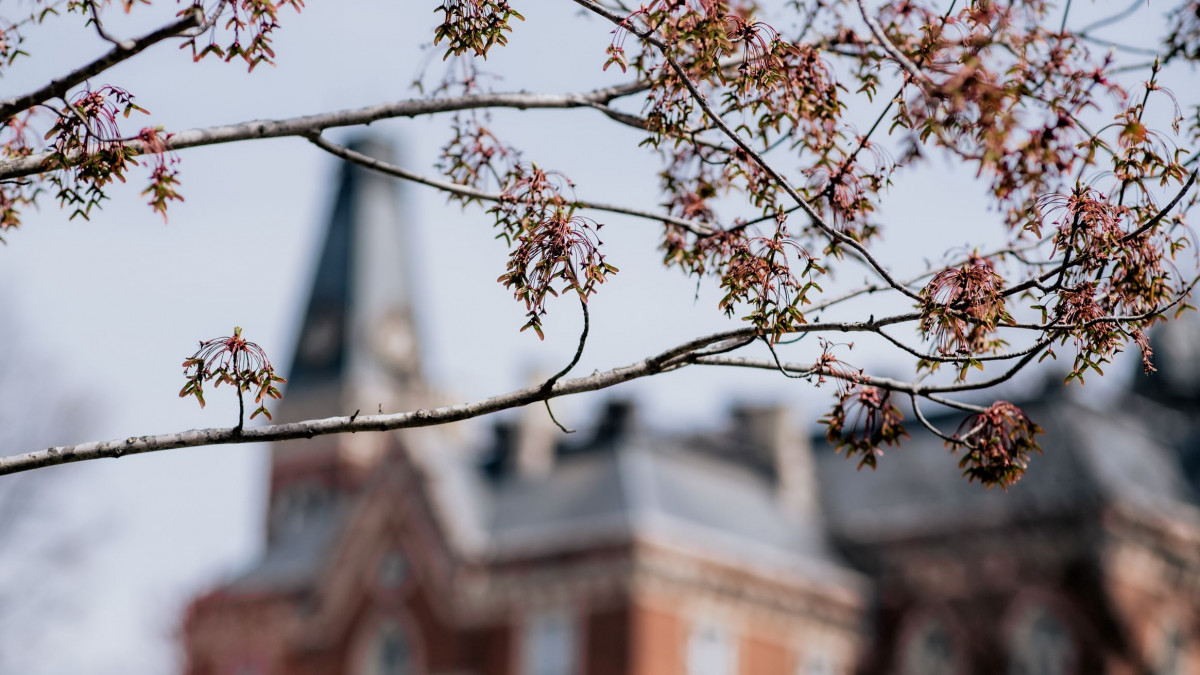 First Person by Nate Spangle ’19
First Person by Nate Spangle ’19 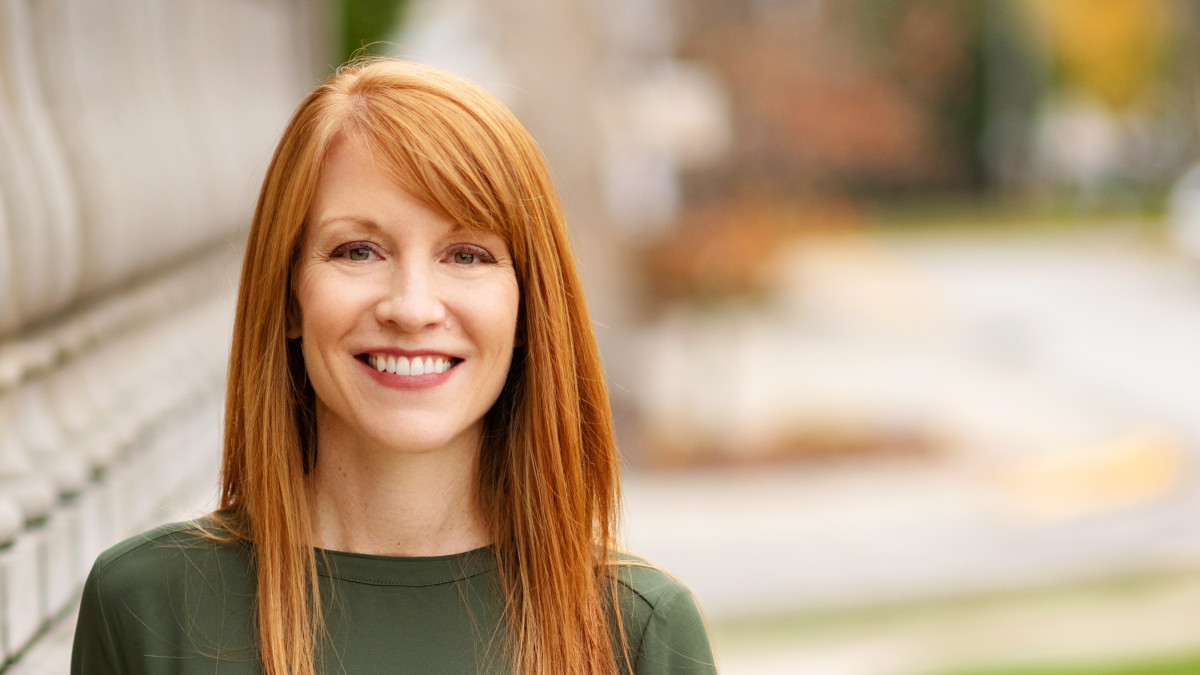 The Bo(u)lder Question
The Bo(u)lder Question 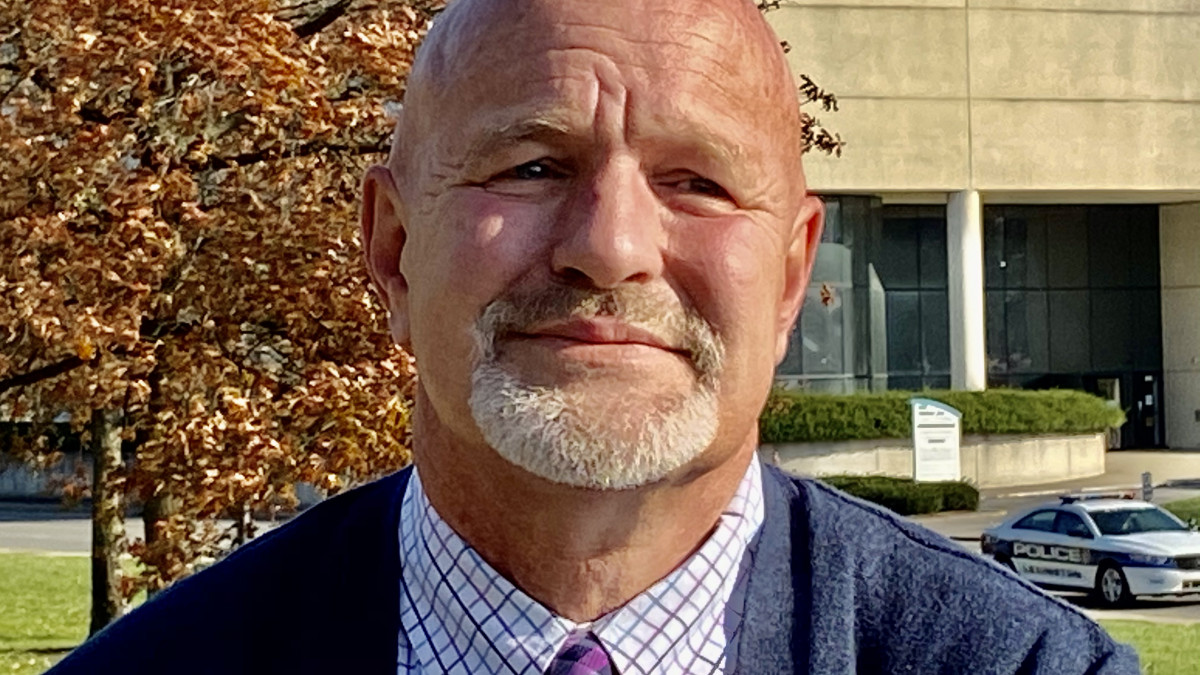 How to reckon with the past
How to reckon with the past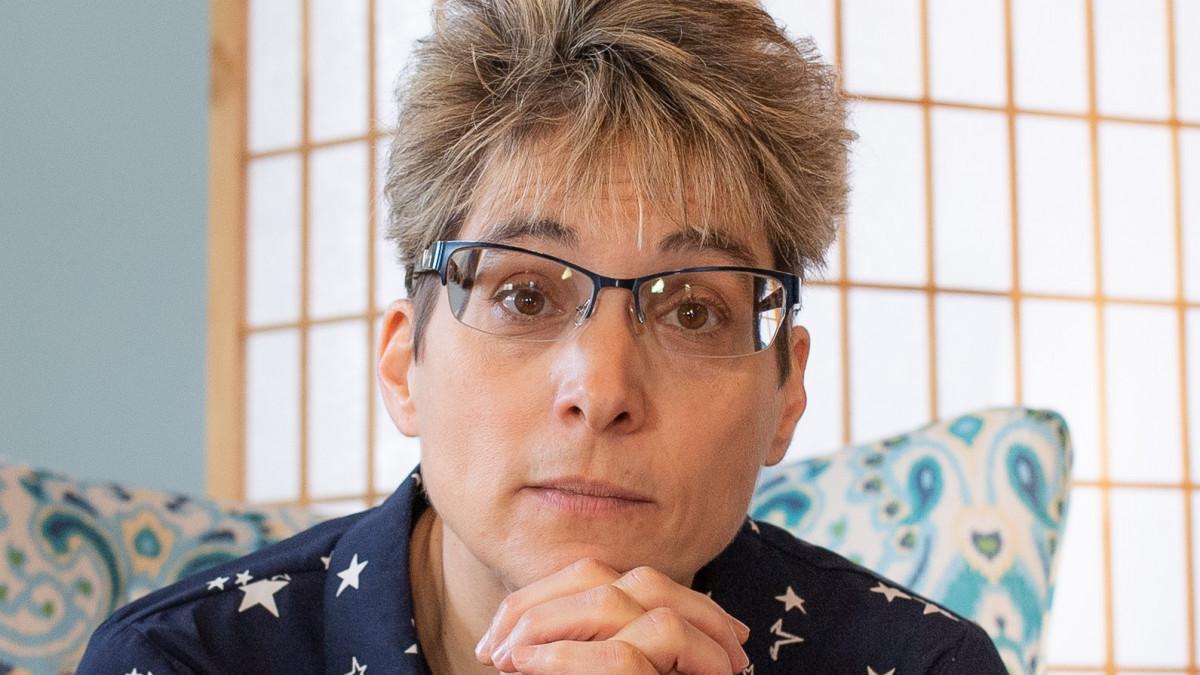 How to die peacefully
How to die peacefully How to be creative in a crisis
How to be creative in a crisis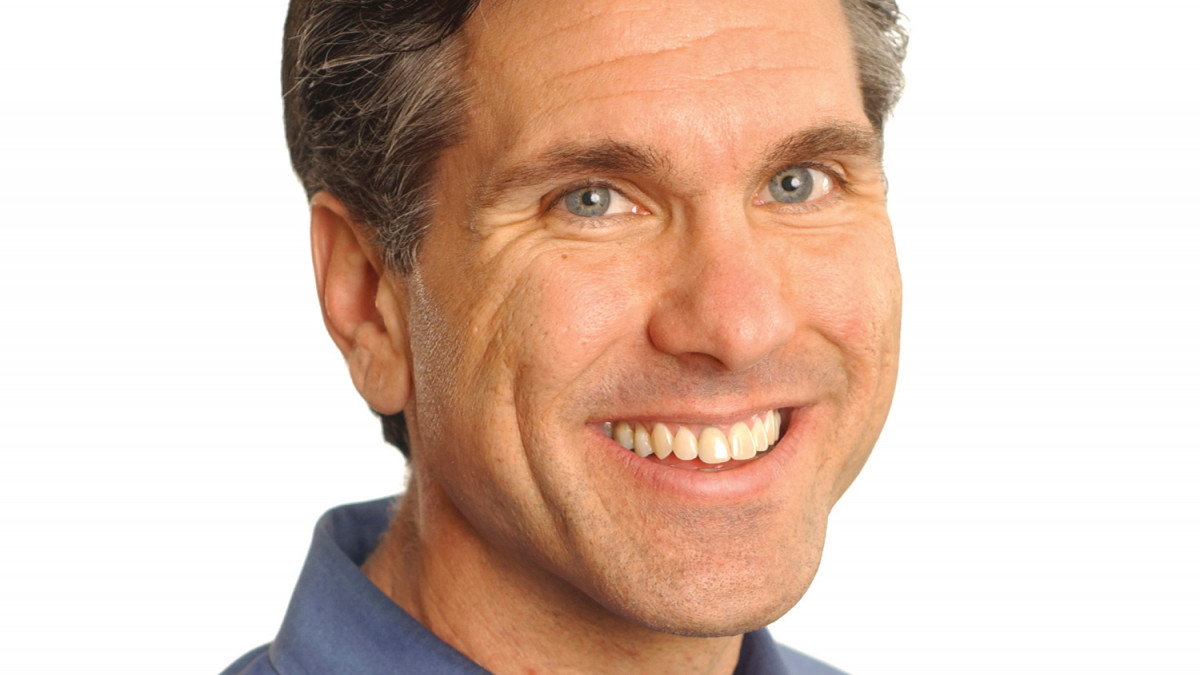 How to do well by doing good
How to do well by doing good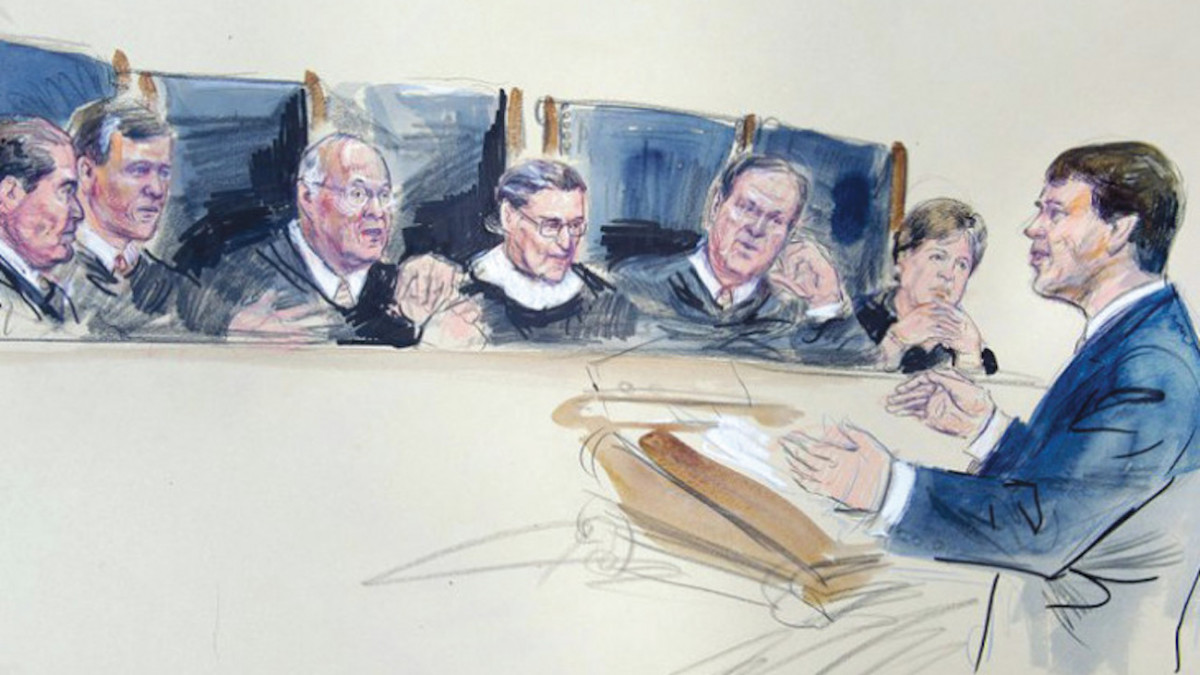 How to argue before the Supreme Court
How to argue before the Supreme Court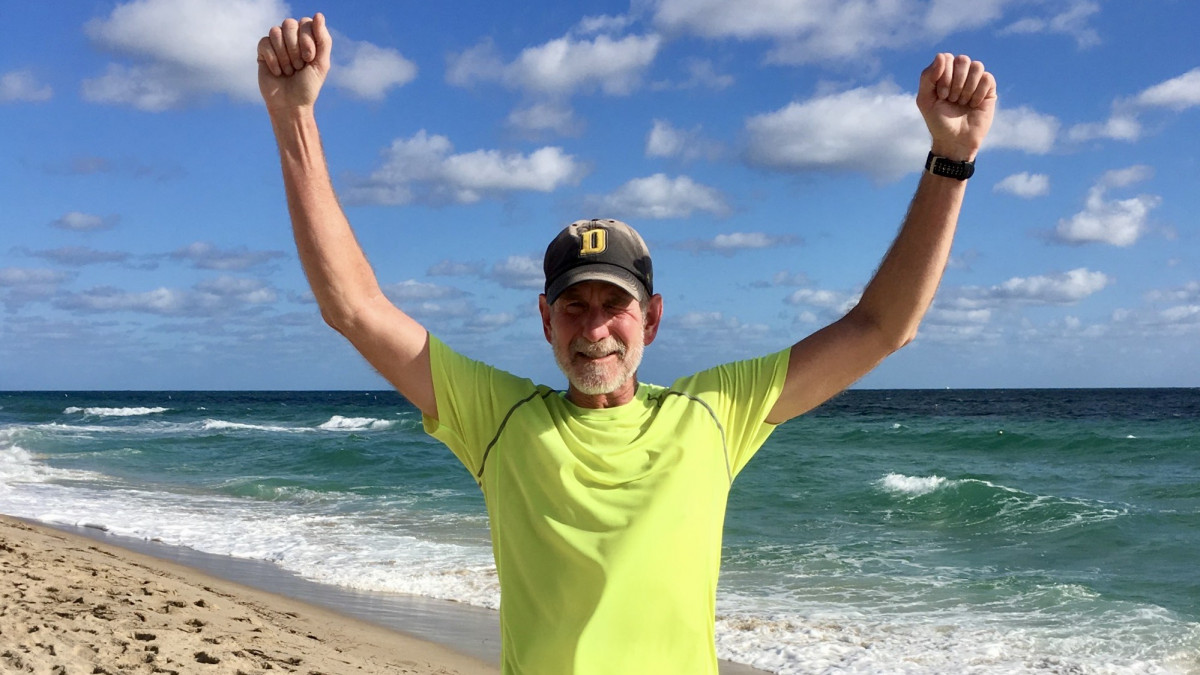 How to run for your life
How to run for your life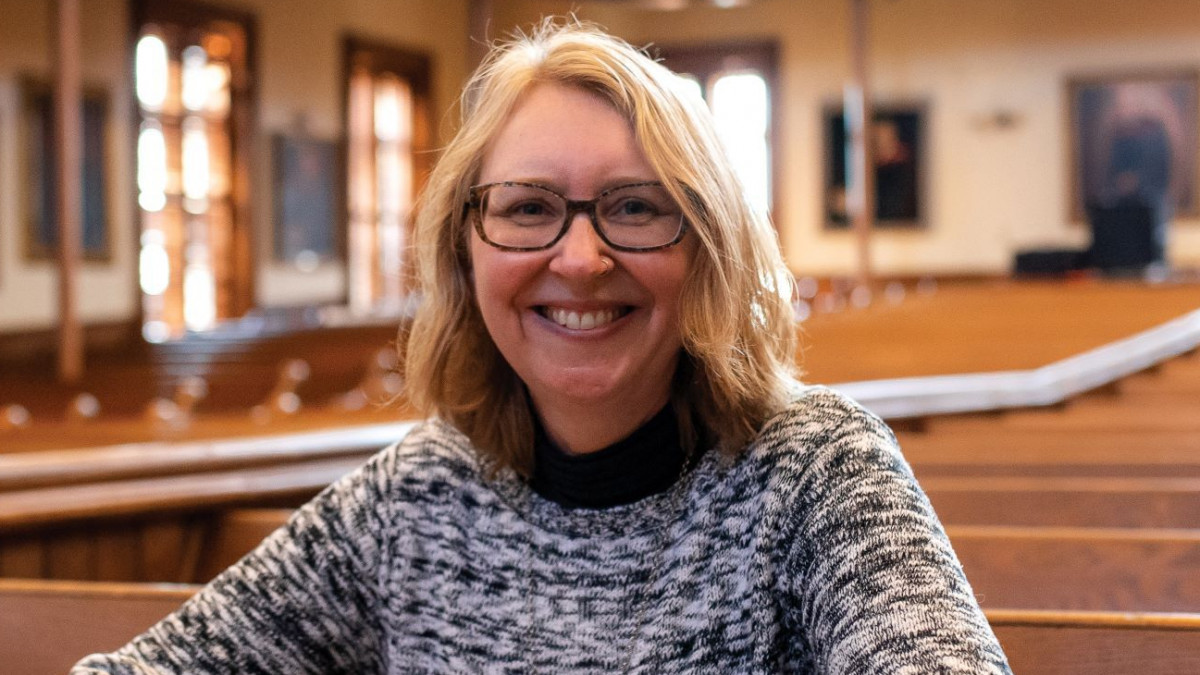 How to write a love letter
How to write a love letter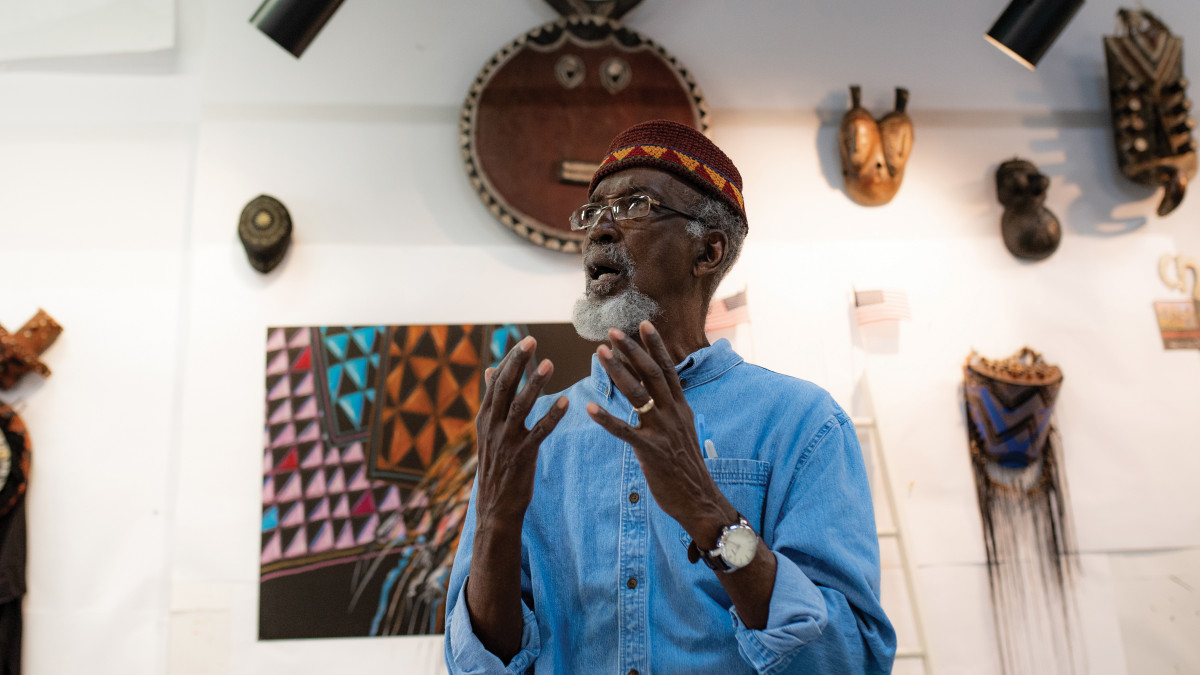 How to create art
How to create art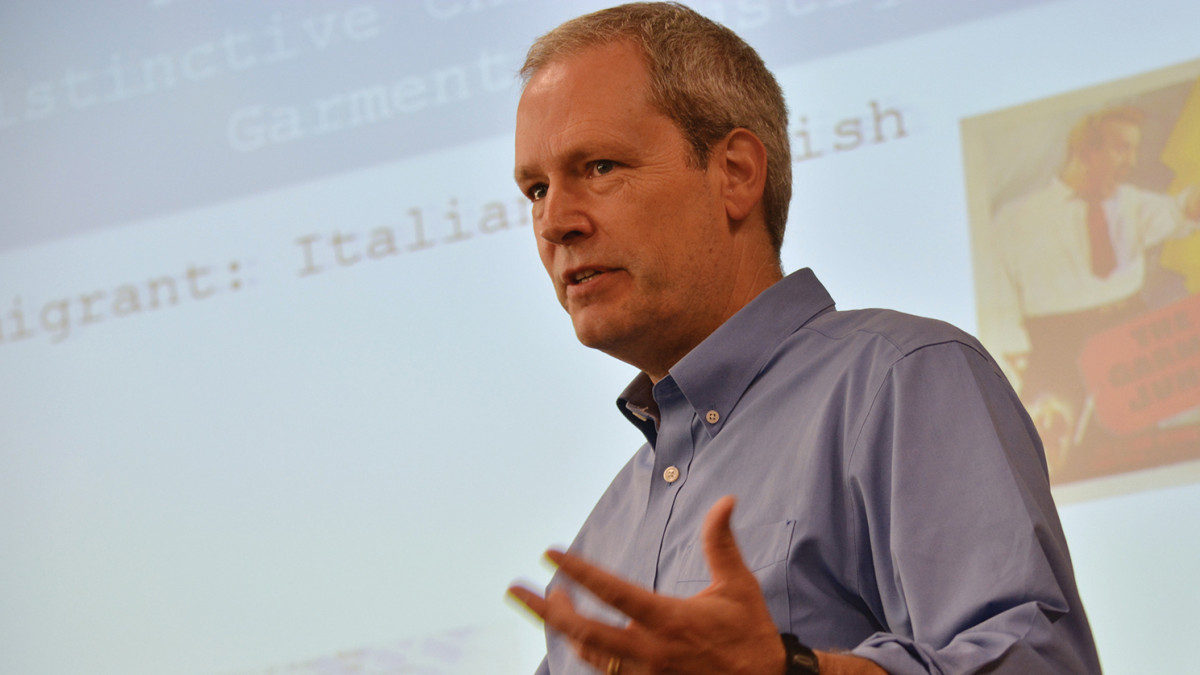 How to find Jimmy Hoffa
How to find Jimmy Hoffa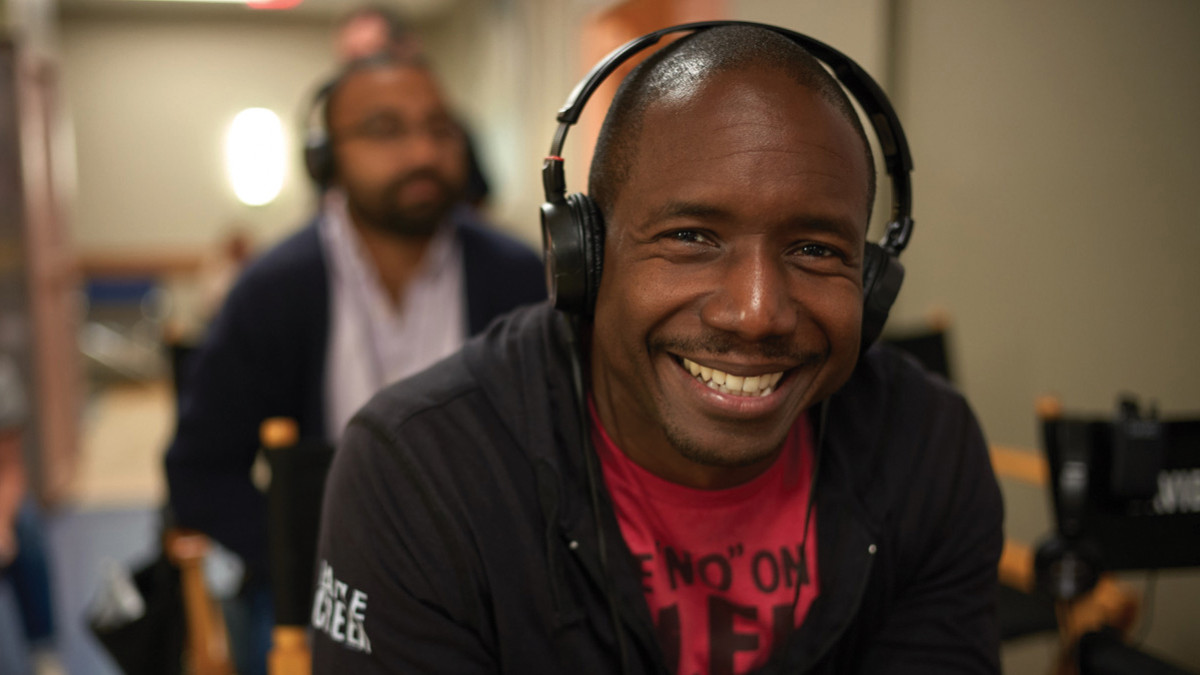 How to break into TV
How to break into TV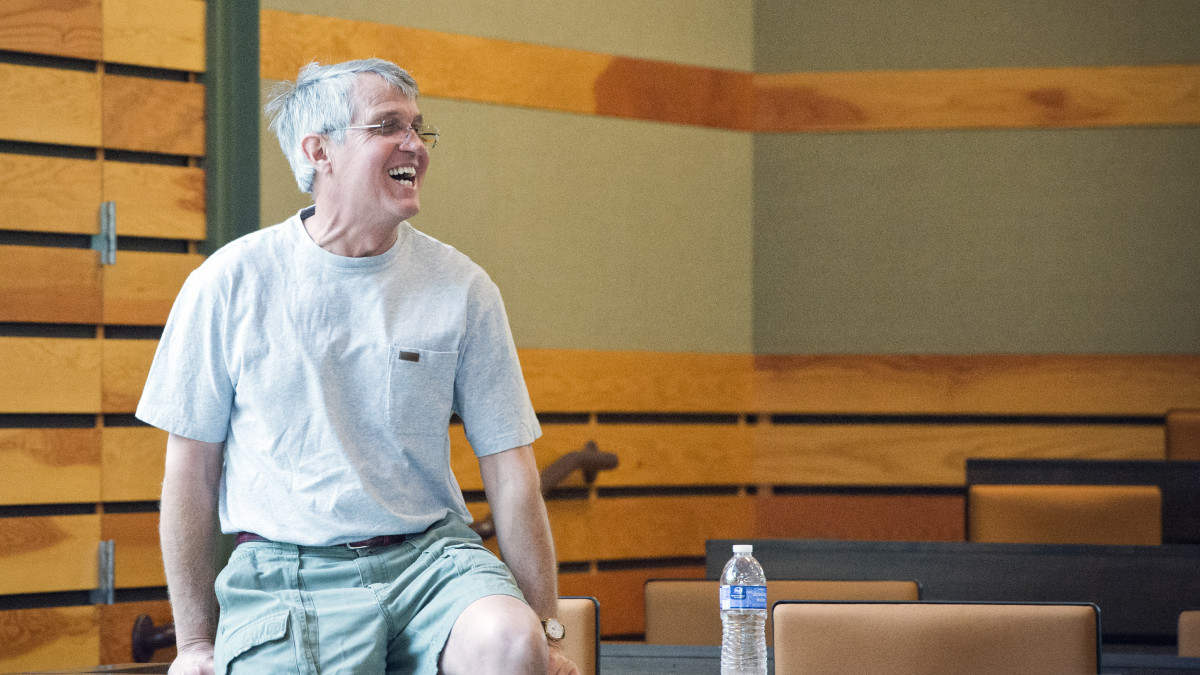 How to be happy
How to be happy  DePauw Magazine: The How-To Issue
DePauw Magazine: The How-To Issue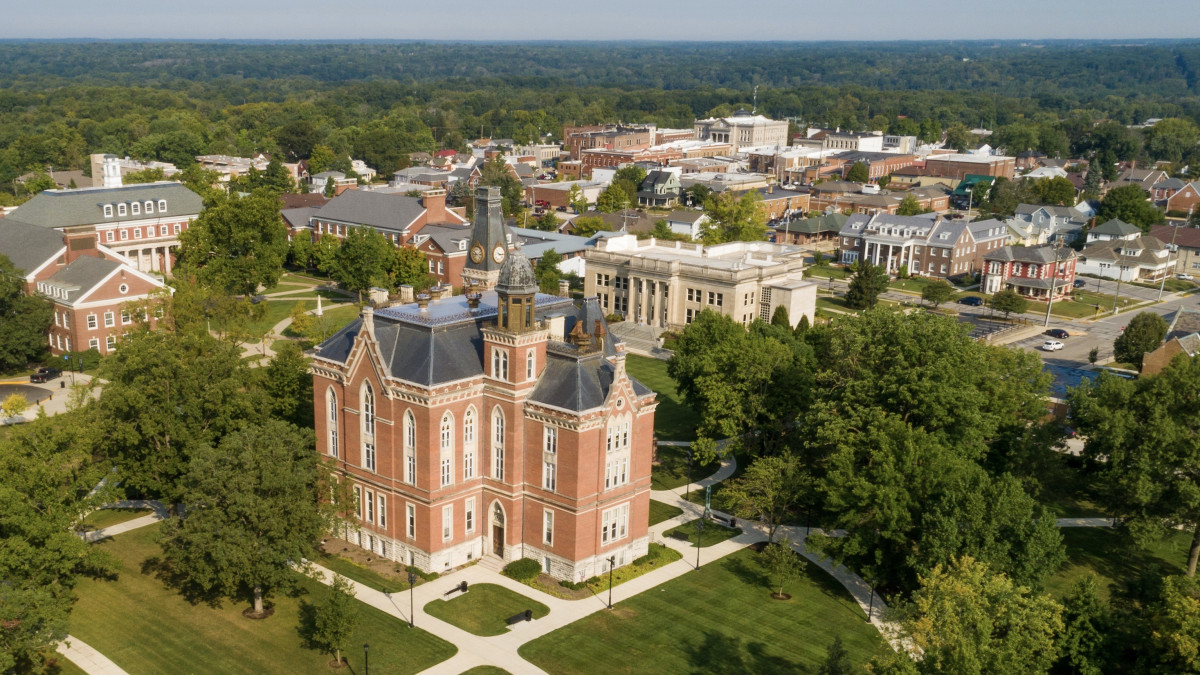 Town-gown: How to find common ground on common ground
Town-gown: How to find common ground on common ground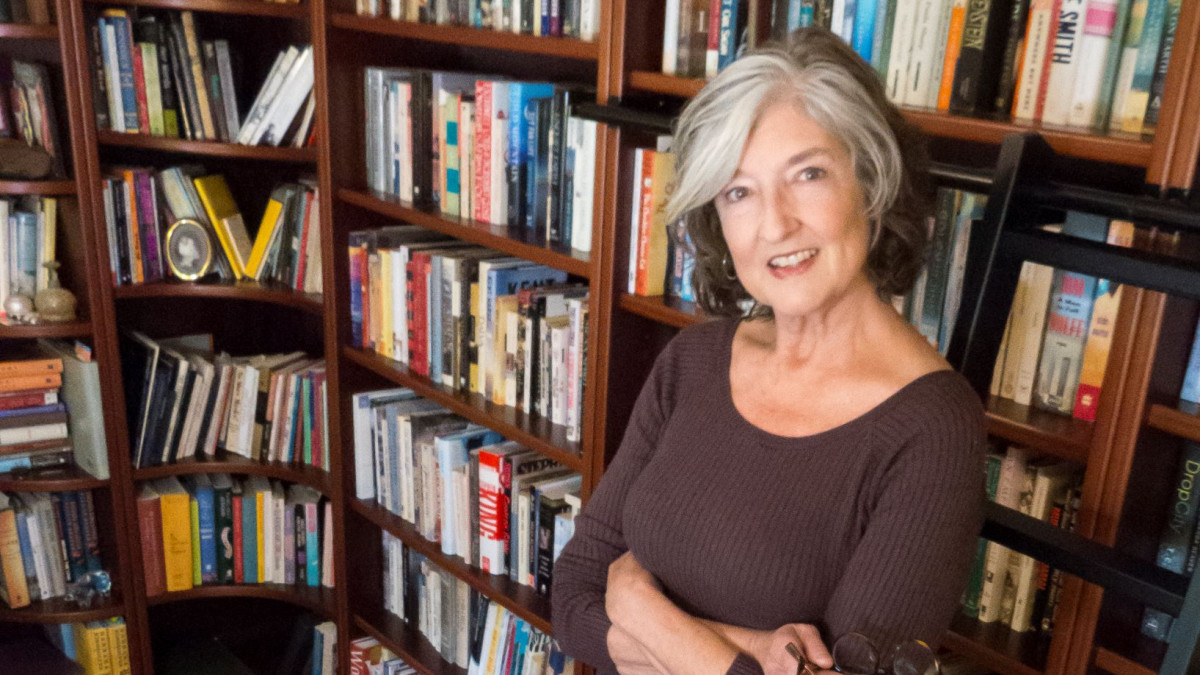 How to write a bestseller
How to write a bestseller How to save a life
How to save a life
DePauw Stories
A GATHERING PLACE FOR STORYTELLING ABOUT DEPAUW UNIVERSITY
Browse other stories
-
Athletics
-
Football - Robby Ballentine Selected Associated Press First Team All-America
-
Men's Basketball - Hot-Shooting Tigers Win Fourth Straight
-
Women's Swimming & Diving - Laba Chosen NCAC Women's Swimming and Dviing Athlete of the Week
More Athletics
-
-
News
-
Student and Professor Share Unexpected Writing Journey
-
Four in a Row! DePauw Wins 131st Monon Bell Classic
-
Jim Rechtin '93 Featured in Fortune Magazine
More News
-
-
People & Profiles
-
Entrepreneurs Eric Fruth ’02 and Matt DeLeon ’02 Are Running More Than a Business
-
Rick Provine Leaves Legacy of Leadership and Creativity
-
History Graduate Cecilia Slane Featured in AHA's Perspectives on History
More People & Profiles
-
-
Have a story idea?
Whether we are writing about the intellectual challenge of our classrooms, a campus life that builds leadership, incredible faculty achievements or the seemingly endless stories of alumni success, we think DePauw has some fun stories to tell.
-
Communications & Marketing
101 E. Seminary St.
Greencastle, IN, 46135-0037
communicate@depauw.eduNews and Media
-
News media: For help with a story, contact:
Bob Weaver, Senior Director of Communications.
bobweaver@depauw.edu.